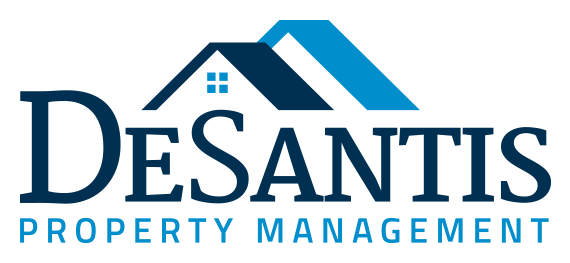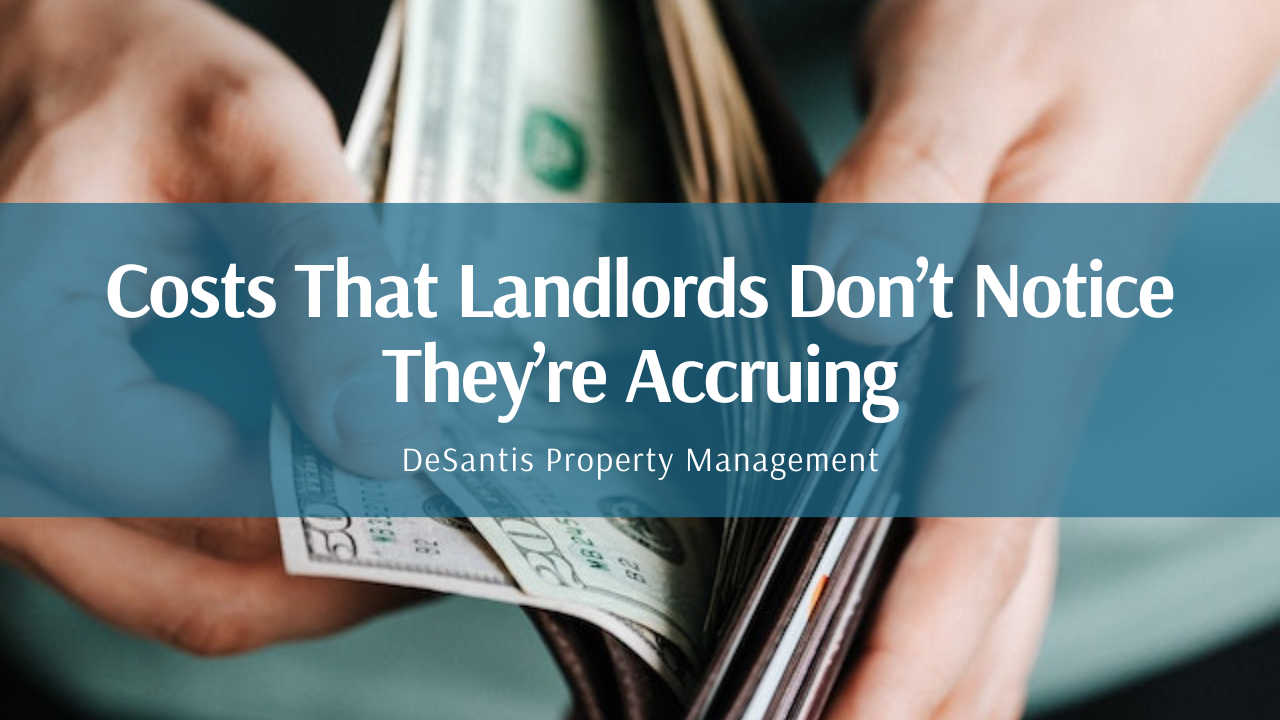Costs That Landlords Don’t Notice They’re Accruing
Being a landlord can be a lucrative venture, but beneath the surface of rental income lies a web of expenses that can easily slip under the radar. While some costs are obvious and factored into initial calculations, others quietly accumulate over time, catching landlords off guard.
If you leave this unresolved, these expenses can eat up your profits and you will end up losing revenue opportunities.
Here are the common costs that landlords usually don’t notice are accruing:
1. Maintenance and Repairs
One of the most significant but frequently underestimated expenses for landlords is maintenance and repairs. Properties undergo wear and tear over time, and it’s the landlord’s responsibility to ensure they remain in a habitable condition.
From fixing leaky faucets to repairing structural damage, the costs can quickly add up. That’s why regular maintenance is crucial for preserving property value and keeping tenants satisfied, yet it’s a cost that landlords often overlook until an issue arises.
Prevention Tips:
Regular maintenance is key to preventing costly repairs down the line. Implement a proactive maintenance schedule to address minor issues before they escalate into major problems. Conduct routine inspections of the property to identify any maintenance needs early on.
Invest in quality materials and reliable labor when making repairs to ensure longevity and minimize the need for frequent fixes. Consider hiring reputable contractors and service providers who can deliver reliable results.
Educate tenants about their responsibilities regarding property maintenance and encourage them to report any issues promptly. Establish clear communication channels to address maintenance concerns in a timely manner.
2. Tenant Turnover
Tenant turnover is another expense that can catch landlords off guard. When a tenant moves out, there are various costs associated with preparing the property for the next occupant. These may include cleaning, painting, minor repairs, and advertising for new tenants.
Vacant units result in lost rental income until a new tenant is secured, further impacting the landlord’s bottom line. Minimizing turnover through tenant retention strategies can help mitigate these costs, but it’s an aspect of property management that requires careful attention.
Prevention Tips:
Focus on tenant satisfaction and retention to minimize turnover. Provide excellent customer service, respond promptly to tenant inquiries and concerns, and maintain open lines of communication.
Consider offering lease renewal incentives or implementing long-term lease agreements to encourage tenants to stay longer. Conduct thorough tenant screenings to select reliable tenants who are likely to fulfill their lease obligations and stay for an extended period.
3. Legal Fees and Evictions
Navigating legal disputes can quickly escalate into costly affairs for landlords. Whether it’s pursuing eviction proceedings, resolving lease violations, or defending against tenant lawsuits, legal fees can accumulate rapidly.
The time and effort spent on these matters can detract from other aspects of property management, further impacting the landlord’s productivity and bottom line.
Prevention Tips:
Prevent legal disputes by clearly outlining rights and responsibilities in the lease agreement and adhering to all relevant landlord-tenant laws and regulations.
Address tenant issues promptly and professionally to prevent conflicts from escalating into legal disputes. Open lines of communication and strive to resolve conflicts amicably whenever possible.
Stay informed about local eviction procedures and seek legal guidance if eviction becomes necessary. Follow proper eviction protocols to minimize the risk of legal challenges or complications.
4. Property Taxes and Insurance
Property taxes and insurance are often included in initial calculations when assessing the profitability of a rental property. However, fluctuations in property taxes or unexpected increases in insurance premiums can catch landlords off guard.
Failing to adequately insure the property against potential risks can result in significant financial losses in the event of damage or liability claims. It’s essential for landlords to regularly review their insurance coverage and budget for potential tax increases to avoid being blindsided by these expenses.
Prevention Tips:
Regularly review your property tax assessments and insurance policies to ensure they accurately reflect the property’s value and coverage needs. Shop around for competitive insurance rates and consider bundling policies for potential discounts.
Explore opportunities for property tax appeals or exemptions that may lower your tax load. Consult with a professional property management company like DeSantis Property Management. They are well-versed in tax laws and can offer guidance on navigating property tax assessments and appeals.
Invest in risk management strategies to reduce the likelihood of insurance claims and liability issues. Implement safety measures, such as installing security systems and conducting regular property inspections, to mitigate potential risks.
5. Utilities and Common Area Maintenance
In multi-unit properties or those with shared spaces, landlords are typically responsible for covering utilities and common area maintenance costs. These expenses can vary depending on factors such as property size, occupancy rates, and utility usage patterns.
Failure to account for these ongoing costs and normal wear and tear can erode profitability, especially in properties where utilities are not individually metered or where common areas require frequent upkeep.
Prevention Tips:
Implement energy-efficient upgrades and conservation measures to reduce utility costs. Install programmable thermostats, energy-efficient appliances, and low-flow fixtures to minimize water and energy usage.
Consider sub-metering utilities for individual units to encourage tenants to conserve resources and take responsibility for their usage.
Negotiate maintenance contracts with reputable service providers to ensure quality service at competitive rates. Regularly inspect common areas and address maintenance issues promptly to prevent larger problems from developing.
6. Market Vacancy and Economic Trends
The rental market is subject to fluctuations influenced by economic conditions, demographic shifts, and local market dynamics. Landlords may find themselves facing prolonged vacancies or pressure to lower rental rates during periods of economic downturn or oversupply.
Staying informed about market trends and adjusting rental strategies accordingly is essential for landlords to mitigate the impact of vacancies and maintain profitability in changing market conditions.
Prevention Tips:
Stay informed about local market conditions and economic trends that may impact rental demand and pricing. Monitor vacancy rates, rental trends, and economic indicators to anticipate potential challenges and opportunities.
Implement proactive marketing strategies to attract and retain tenants in competitive rental markets. Highlight the unique features and amenities of your property, offer incentives for new leases or renewals, and leverage online platforms to reach a wider audience of potential renters.
Conclusion
While rental income is the primary source of revenue for landlords, it’s essential to recognize and account for the various expenses that accompany property ownership.
To lower your risks of overspending, it’s best to work with a reliable property management company like DeSantis Property Management that can help you manage your expenses effectively.
Contact us today for more details on how we can help you protect your investment.





